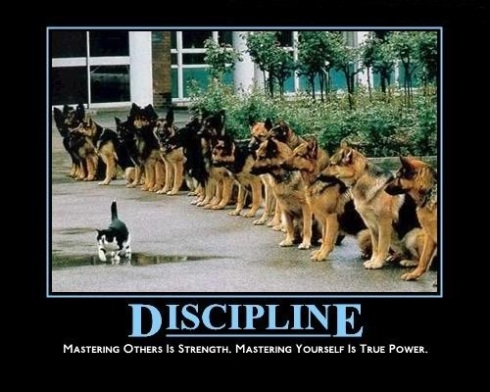by Matt Cuccaro, Ed.M.

C.J. Wilson will play a major role as a starting pitcher in the World Series for the Texas Rangers. I didn’t know much about this guy or truly watch him pitch until the ALCS against the Yankees. It wasn’t so much of what he did, but what he said that truly caught my attention. The following are a few excerpts from an interview Wilson did before Game 1 of the ALCS, a game in which he pitched well, but the bullpen was unable to close…
“My whole life, I never drank, I never used drugs or anything like that. I know that I have not done anything other than work hard and read a lot of books to get where I’m at.”
He clearly makes baseball his priority. Wilson made a decision from a young age to develop his talent rather than take it for granted. He even reads…how often do we hear about athletes who read and search for resources to make them better as people and athletes?
When asked about the influence Cliff Lee has had on him this year…
“Cliff has been great. The thing with Cliff is that he keeps his process the same, no matter what is going on around him. And that’s something that, as I’ve gotten more comfortable in my role as a starting pitcher, I’ve had to thicken those walls in my bubble to keep everything else out and stay in my little zone, and stay with what is making me successful. And that’s the thing he and I talk about all the time.”
C.J. Wilson focuses on and evaluates his process along with his results. He’s worked to “thicken those walls in my bubble” to make himself ready to compete pitch after pitch on the mound. He knows most things in the game are outside of his control, so he has tried to make a habit of managing himself from head to toe, knowing that is all he is capable of doing.
“When you’re a little kid and you’re in your backyard, you’re taking … dry swings or pretending that when you’re in the mirror … that you’re somebody or whatever, you put yourself in this position,” Wilson said. “You put yourself in Game 1, Game 7, Championship Series, World Series, stuff like that. That’s what you work for. Every mile I’ve run, my entire life, and every little tubing exercise and sinker I’ve thrown playing catch, is everything I’ve done to get to this point.”
Purposeful practice. From the time he was a kid, Wilson was engaging in fun, yet purposeful practice…watching himself in the mirror and imagining himself on the biggest stage. Potentially boring and repetitive activities such as running, tube exercises, and practice pitches…he has added purpose to all of those moments in knowing that every action he makes will prepare him for the moments he is about to face in front of millions of people.
When asked about facing C.C. Sabathia in Game 1 of the ALCS…
“Yeah, his uniform is much bigger than mine and his feet are much larger than mine, but I’m not trying to fill his shoes.”
Quite possibly the most important message for all athletes to keep in mind is stated here. Compare yourself to yourself. There are many other pitchers in the game who are more well-known, get a bigger paycheck, and receive more attention than C.J. Wilson; yet he knows that all he is capable of doing is going out to throw the best game HE can every night. Our eyes are on the outside of our heads, so it is simply human nature to spend every moment of our lives seeing what everyone else is doing. It becomes easy to get wrapped up in that and focus too much on others. The best athletes learn to focus on their own training, preparation, and role to play. From there they attempt to execute their own plan to the best of their ability against the competition…whoever that might be.
I will certainly be watching the World Series and the performance of C.J. Wilson. At this point, I know he understands the theory behind being a great competitor. Now I look forward to seeing if he can put the theory into action.



